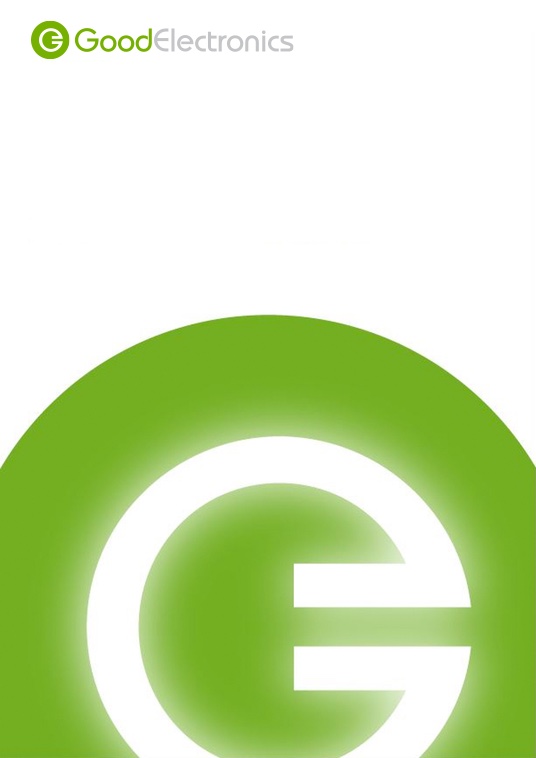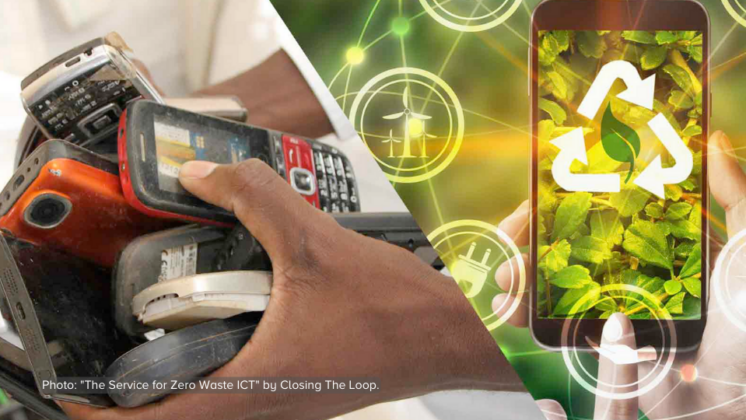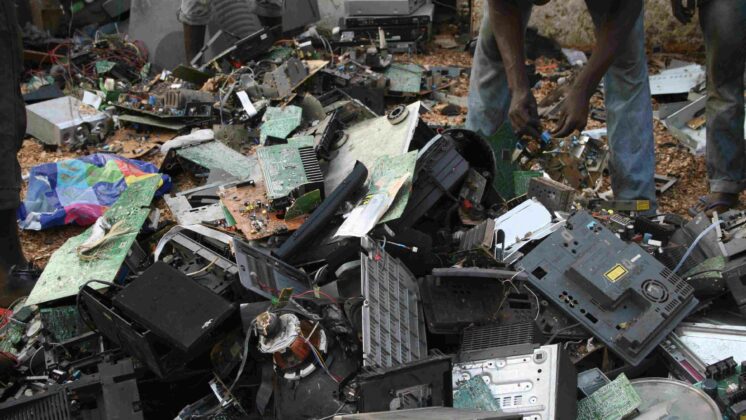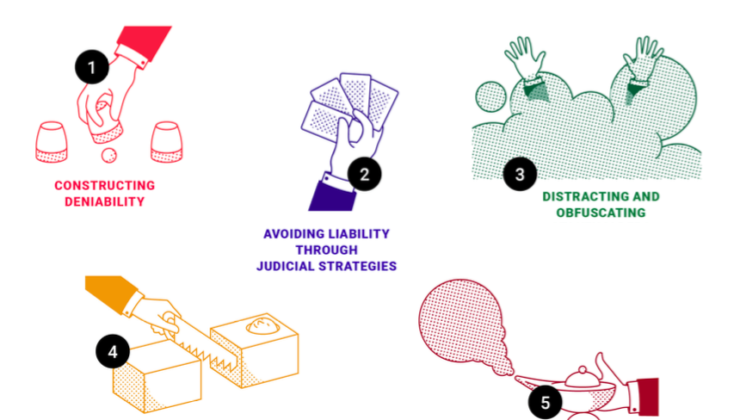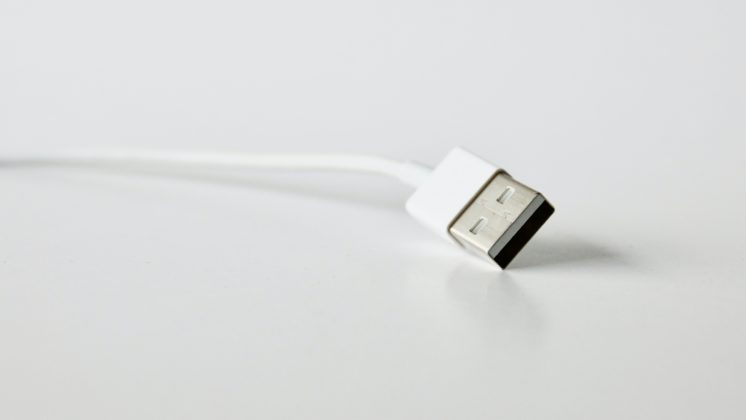Less than 10% of discarded electronics products are currently recycled. The United States and many other developed countries have exported e-waste primarily to Asia knowing full well that it carried with it a real harm to the poor communities where it would be discarded. There is an urgent need for manufacturers of electronics products to take responsibility for their products from production through to the end-of-life.
The near absence of effective regulation and enforcement to control the flow of electronics equipment waste (“e-waste”), including computers, computer monitors, television sets, cell phones, and a host other products, is more than an oversight, it is a scandal of epic proportions. To date, industry, government and consumers have taken only cautious and preliminary steps to deal with the e-waste problem. Less than 10% of discarded electronics products are currently recycled. The United States and many other developed countries have exported e-waste primarily to Asia knowing full well that it carried with it a real harm to the poor communities where it would be discarded.
In 2006, the European Union put into effect a directive that bans the use of lead, mercury, cadmium, hexavalent chromium, and certain brominated flame retardants in most electronics products sold in the European Union. A similar Directive facilitates the development and design of clean electronics products with longer life-spans that are safe and easy to repair, upgrade, and recycle, and will not expose workers and the environment to hazardous chemicals. These are useful approaches to the problem of e-waste, though applying only regionally and covering only a fraction of all the hazardous substances used in electronics manufacture.
There is an urgent need for manufacturers of electronics products to take responsibility for their products from production through to the end-of-life, and for much tighter controls both on the transboundary movement of e-waste and on the manner in which it is recycled. Manufacturers must develop and design clean products with longer lifespans that are safe and easy to repair, upgrade, and recycle and will not expose workers and the environment to hazardous chemicals.
Key words: e-waste, electronics equipment waste, printed circuit board, electronics regulations, lead solder, environmental lead, Basel Convention, RoHS, REACH, WEEE, IPP, EuP, RCRA, Take Back, EICC, HARL, LPEUR
read more less
